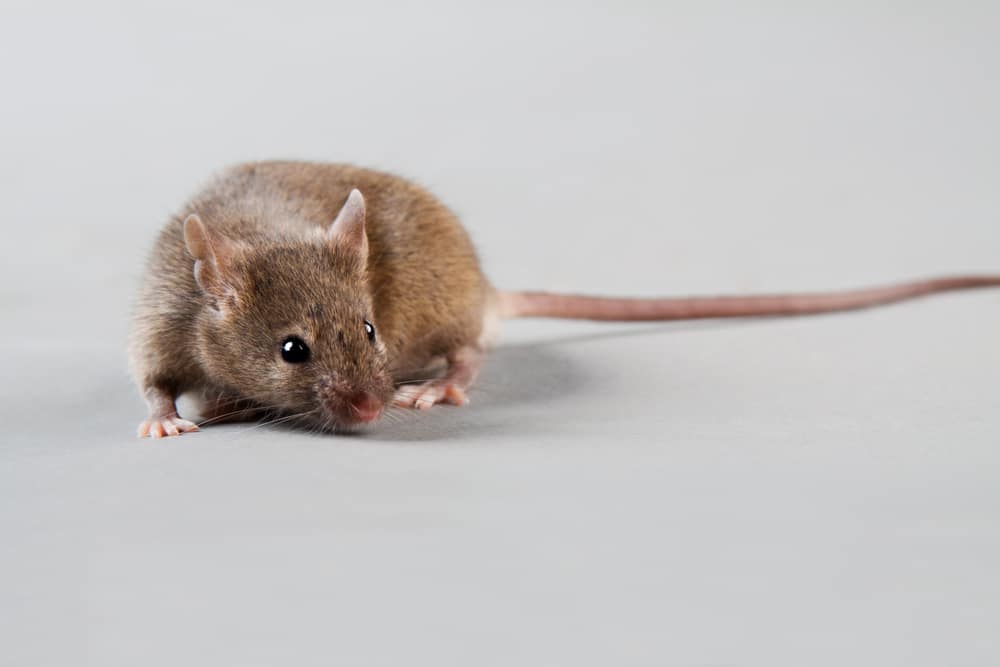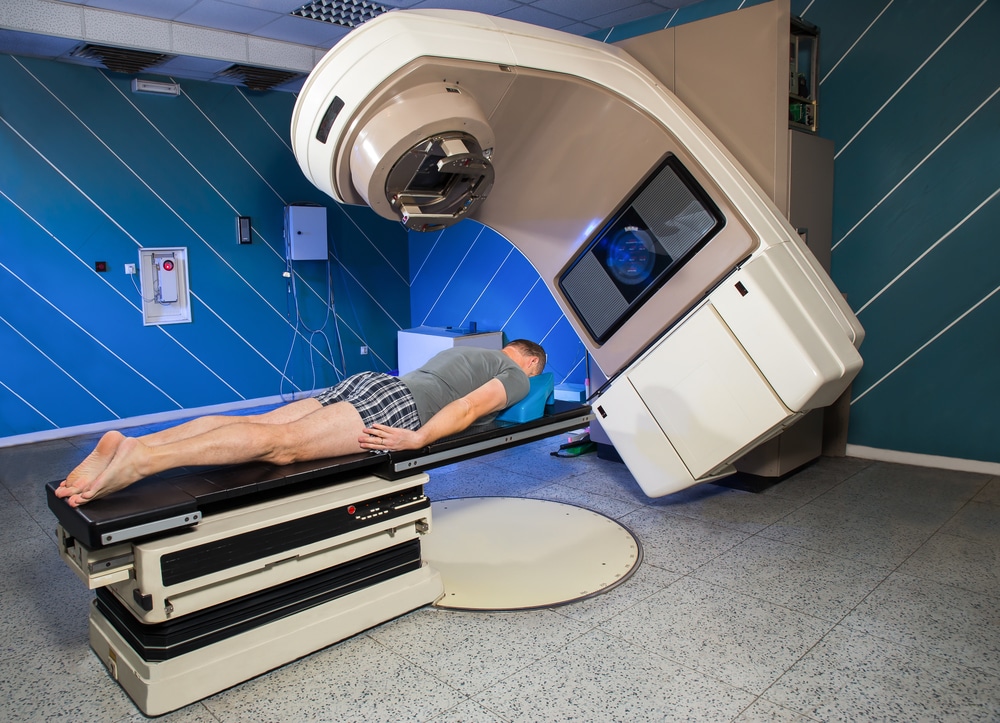Could These Animal Models Help Treat Alzheimer’s?
QPS Neuropharmacology
Scientists have long used animal models to further their understanding of the human body. But now, researchers from Oregon Health & Science University have used animal models to accomplish something truly extraordinary. Science Daily reports that the researchers successfully used a synthetic thyroid hormone to regulate a gene implicated in neurodegenerative diseases – diseases like …
Could Earworms Actually Boost Your Brain?
QPS Neuropharmacology
You hear a radio jingle or catch a snippet of a catchy TV theme song. All of a sudden, you can’t get the tune out of your head. You’ve got an earworm – a pesky melody that you just can’t kick – and it’s driving you berserk. But a recent study outlined in Science Daily …
Could Radiation Therapy Ease Alzheimer’s Symptoms?
QPS Neuropharmacology
Alzheimer’s disease is one of the leading causes of death for older Americans, constituting between 60 and 80 percent of dementia cases. While the medical community hasn’t yet found a cure for Alzheimer’s, a recent radiation study may prove promising in terms of easing – or even reversing – advanced Alzheimer’s symptoms. Find out more …
How a Repurposed TB Vaccine Could Transform Medicine
QPS Neuropharmacology
The tuberculosis (TB) vaccine has been around for a century, transforming the quality of life of individuals around the world. But today, clinical volunteers are receiving that same vaccine for studies that have nothing to do with TB. Read on to find out more about how a repurposed TB vaccine could transform medicine and revolutionize …
A New Diagnostic Test for Alzheimer’s Disease
QPS Neuropharmacology
The National Institute on Aging (NIH) estimates that Alzheimer’s disease may affect more than six million Americans, most of them age 65 or older. This irreversible brain disorder devastates cognition and is currently the sixth-leading cause of death in the United States. Alzheimer’s requires highly specialized care; unfortunately, healthcare providers frequently misdiagnose Alzheimer’s due to …





